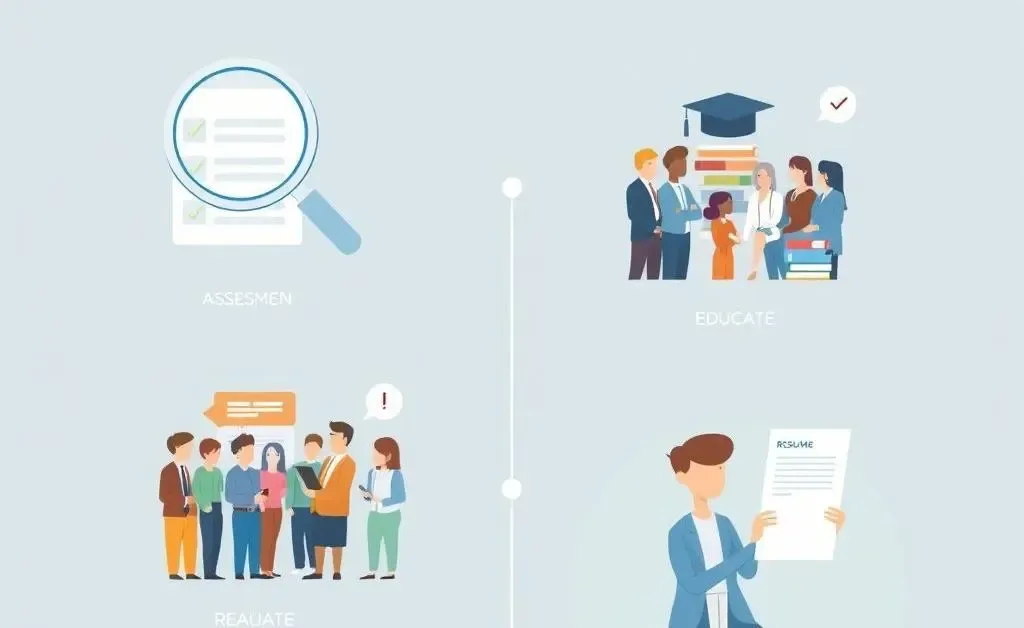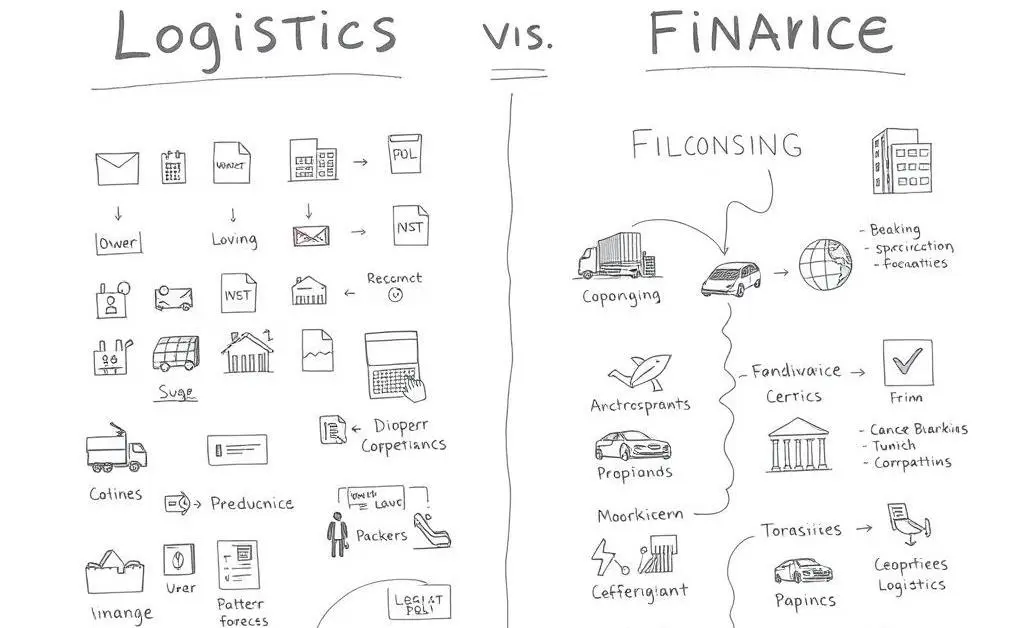Switching Careers: How to Transition from Logistics to Finance
Discover practical steps and degree options for moving from logistics to finance.

So, you're thinking about making a leap from logistics to finance? It's a bold move but totally doable with the right planning and mindset. Let's explore how you can transition smoothly, leveraging your current skills while acquiring new ones to fit into the finance world.
Why Consider a Career Shift to Finance?
Many who work in logistics often have a knack for problem-solving, data analysis, and managing complex operations—all highly valued in finance. The finance sector offers diverse opportunities, from investment banking to financial analysis, often with the potential for higher earnings.
What Steps Should You Take?
Self-Evaluation: Know Your Strengths
Before jumping in, assess what skills and experiences you bring from logistics. Are you particularly strong in project management? Excellent with spreadsheets? These can be pivoted toward financial analysis or operations roles.

Education: Degrees and Certifications
While some may transition purely on experience, getting a master's degree in finance or an MBA might be beneficial, especially for higher-level positions. Certifications like CFA (Chartered Financial Analyst) or CPA (Certified Public Accountant) can further validate your expertise.
Networking: Connect with Industry Insiders
Build a network within the finance industry through LinkedIn or industry events. Speaking to people who’ve made a similar switch can provide valuable insights and potentially open doors.
Applications: Tailor Your Resume and Cover Letter
Highlight your logistics achievements with a financial lens. If you’ve managed budgets or analyzed cost-saving measures, those are skills finance employers look for.

Choosing the Right Education Path
Let's dive a bit deeper into the educational paths you might consider. Research schools that offer robust finance programs. Some institutions also provide accelerated or part-time programs that can fit around your current job.
Online courses can be a flexible and cost-effective way to build your finance knowledge base. Platforms like Coursera and edX offer courses from top universities.
Key Differences: Logistics vs. Finance

While logistics focuses on supply chain management, finance revolves around managing money and investments. Both require analytical skills and a keen eye for efficiency, but finance leans more into strategy and forecasting.
Wrapping It Up
Transitioning from logistics to finance is a big change, but with your background, you're already halfway there. What's one skill you think gives you an edge in this new field? Let me know in the comments, and let's keep the conversation going!




